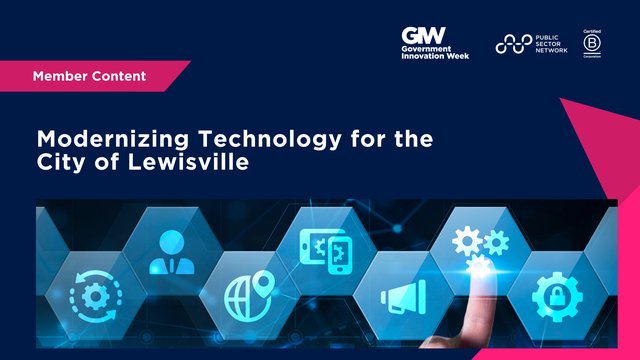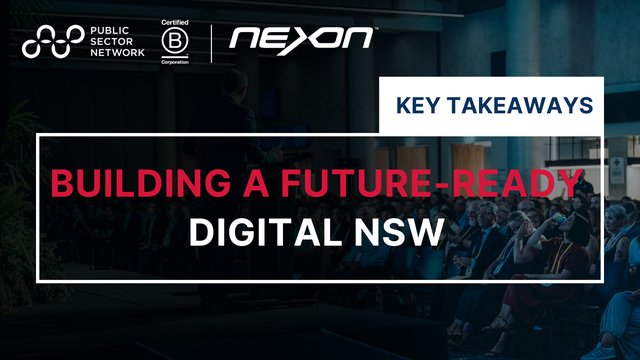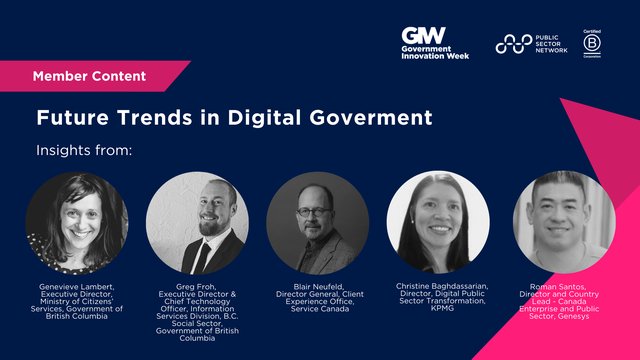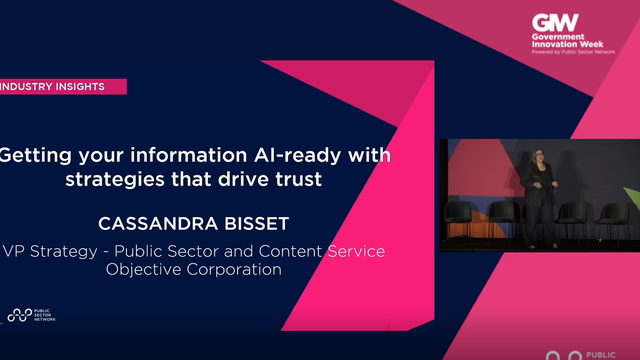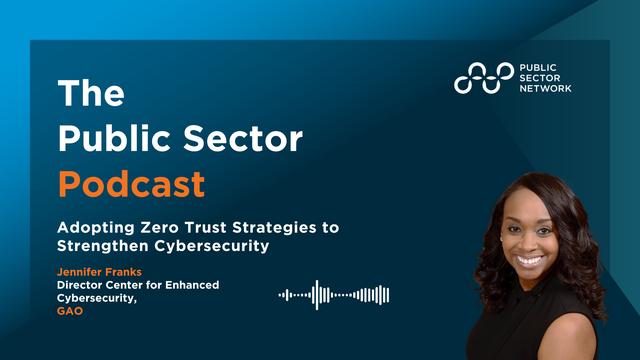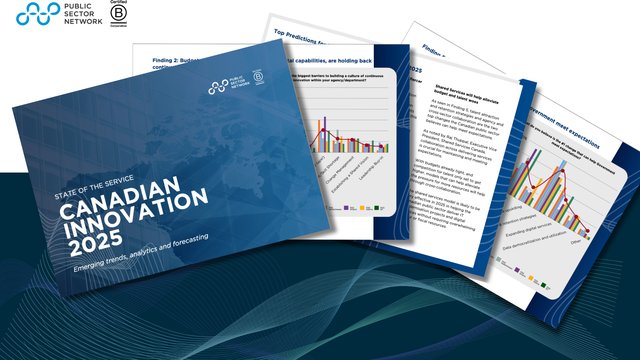
As the first Director of the Data Management & Analysis Division, Dr. Geller serves alongside her Work Family of Data Scientists as a centralized resource to the Vermont Agency of Education .
Dr. Geller’s crew collects, stewards, and leverages the institution's critical data assets to create and share data products that enable empirically-based practice and policy decision-making. They lead, partner with external bodies, and execute on the analytic activities of the institution as well as plan, develop, and manage the data governance program and the business side of the DataOps continuum. With a Ph.D. (2011) in sociology from the National University of Ireland Maynooth where Wendy was a doctoral fellow at the National Institute for Regional and Spatial Analysis .
Wendy’s dissertation findings highlighted shifting demographics in education arenas and labor markets internationally, specific education orientations occurring across cultures, and presented thoughts on the social and spatial forces surrounding rural community viability. Since leaving academia, Dr. Geller has dedicated herself to creating the cultural, infrastructural, and operational conditions required for practicing good data science in the public sector. She lives in Montpelier, VT with her brilliant husband, Alex, their joyful son, Sylvan, and trusty companion, Sir Richard the Lionhearted Dog.
Q1:
What is your favorite part of your role?
Answer: I get to work with some of the smartest, most altruistic, caring, and innovative people I’ve ever met. The people in my Division are second to none. There is alchemy in the work they do together and how they do it. They are fearless, determined, and humble. Out of nothing and no way, they make a way. They inspire me.
Q2:
What is your favorite screen-time break activity at work?
Answer: Taking a walk or doing some yoga or kettlebells since we’re still in a 100% remote work posture. That’s been really nice.
Q3:
As a leader, how do you help to foster an environment of collaboration within the Vermont Agency of Education?
Answer: I think Simon Sinek said something once like “a team isn’t a group of people who work together. A team is a group of people who trust each other.” I think he’s right about that.
To trust one another in a unit, you must have psychological safety, a shared sense of purpose, and at least a modicum of collectively held identity. In my Division, we try to build those things by practicing humility in our work, affording one another and our outside partners with transparency, and being fully and openly dedicated to continuous improvement.
No one has all the answers. Not me, not my Data Leadership Team, not anyone. But we can find some pretty great approaches to hard problems if we pool our ideas, scrum on it, don’t be afraid of failing, and, as we like to say, “just try it.”
If the approach doesn’t work, fine, try something else. If you make a mistake, own it and ask for help. Everyone makes mistakes. I make them all the time and I try to model what it looks like to be honest, look for feedback, and follow through on making an adjustment so I can do better next time.
That’s why we practice iteration in everything we do, we define all work as the team’s work, not individual people’s work, and we practice peer review on everything we do before it goes into final production. No one works from start to finish on a product alone. We succeed and we fail, together. This helps us support and learn from one another as well as to address issues through examining the process, not the person. This provides safety, security, and thus builds our trust in each other. We codify this through our practice of before-action and after-action sessions. Before-action sessions are where we prep for a workflow based on what we know we need to do, and then once we’re done, in after-action sessions, we reflect on what went well, what didn’t, and what we’re going to do going forward.
Iteration, and the open expectation of failure with view to making something better, together, makes collaboration an everyday activity. It’s expected. There are no rockstars in DMAD. There is only an exceptional team.
Q4:
Your Session: Hope is Not a Strategy: How a DataOps Approach Gives Vermont's Agency of Education a Fighting Chance will detail how the Agency of Education collects, manages, and leverages data throughout the pandemic and its long-standing impact. Is there one principle that you found essential to this project? Can you explain why?
Answer: We have a poster in the office where we used to work before the pandemic. I had it made in a local print shop downtown and I taped it up on the wall. It says, “We can do hard things.” It’s next to another poster from The Hitchhiker’s Guide to the Galaxy that says, “Don’t Panic.” I realize those posters say two things, but I think they really mean one: We can do it.
I think the principle behind a sentiment like “We can do it” is belief. We believe we can do things in DMAD. We believe that we can make systems, processes, and products better every single day. We believe that we can harness technology and data in service to public education and our people in Vermont. We believe that.
People say you have to see things to believe them. In DMAD, we think it’s the opposite. You have to believe in them before you can see them. That’s how you make them happen, especially if they’ve never been done in your environment before.
Q5:
What is the best advice you’ve received regarding your career or working in the public sector?
Answer: Take the long view. Government is slow by design. That can be frustrating, sure, but think hard about who you want to be and then go be her. Carl Jung might have said it best, “You are what you do, not what you say you’ll do.”
Q6:
What advice would you give concerning recruiting for the public sector workforce?
Answer: We’ve got to be flexible. The old way of working wasn’t working anyway. Think about what your staffing looked like, who applied to what roles, who stayed, who left, what your retention might have looked like and think about the possibilities that remote work can offer now.
Think about the talent that didn’t apply to the jobs of the past because the commute wouldn’t work for them. Who were we totally missing out on? We don’t have to miss out on them now. What a win for the public!
Government is the perfect industry for remote work. We require documentation, often our work is cyclical in nature, and when it isn’t, there’s still the need for documentation and or concrete deliverables. You can’t fake those. This is the totally no-brainer industry for remote and flexible work for most, if not all, of our non-front line service roles. We’ve proven that over the last 2+ years.
Moreover, public sector wages will never be able to compete with private sector wages, so we’ve got to be able to offer something else that will provide the kind of life that talented people want to have.
With questions around the sustainability of pension programs and the fact that today’s workforce doesn’t stay with an employer for 30 years anyway, government HAS to be able to compete on quality of life or we’ll lose the “talent war” for good with the private sector.

Want to hear more from Wendy & other government leaders from across New England? Join us in-person at the upcoming event:
Where: Hotel Commonwealth | Boston, MA
Where: Thursday, June 30, 2022 | 8am ET
Register now!



